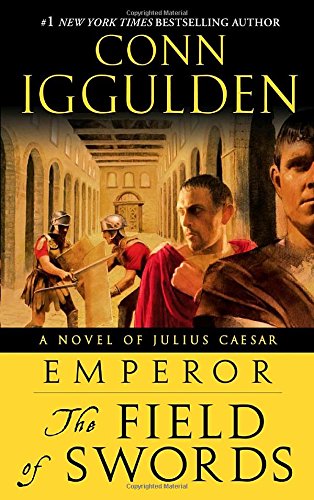The Sky is Yours by Chandler Klang Smith
I wrestled with this review for Chandler Klang Smith’s 2018 novel The Sky is Yours from the first paragraph. I wanted to refer to it as a “zeitgeist novel.” After I wrote that, I glanced at Wikipedia and decided that, as Inigo Montoya says to the Sicilian in The Princess Bride, “You keep using that word. I do not think it means what you think it means.” So, I’ve decided that The Sky is Yours is not a zeitgeist novel.
Read More



















Do it! One of the best things I've read in recent years.
This reminds me. I want to read Addie LaRue.
We’re in total agreement David!
I felt just the same. The prose and character work was excellent. The larger story was unsatisfying, especially compared to…
Hmmm. I think I'll pass.